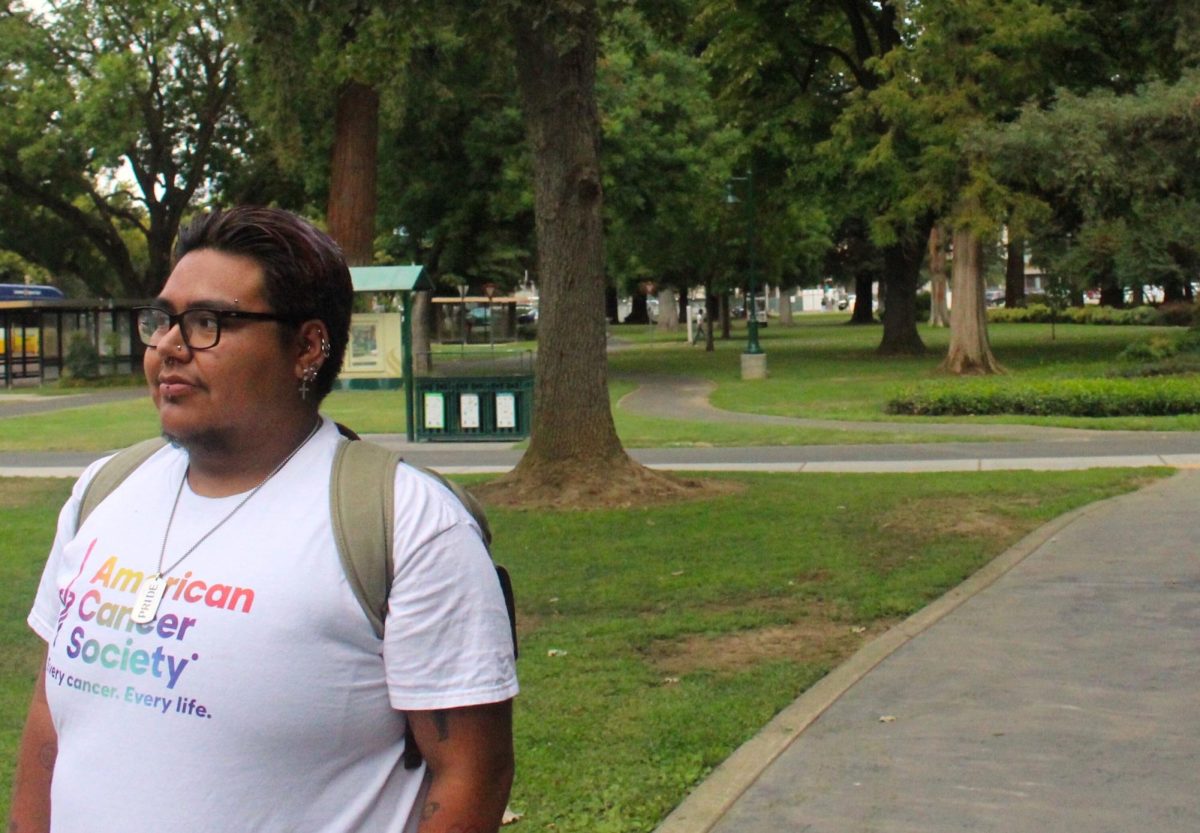Center for Disease Control urges all to screen for HIV
September 30, 2006
The Center for Disease Control and Prevention is combatting the stigma surrounding HIV/AIDS in the United States by encouraging universal screening for HIV, regardless of risk factors.
Stigma is a very strong barrier to effective health practices as it relates to HIV messaging, said Peggy Smith, advertising senior lecturer and an obstetrics and gynecology professor at Baylor College of Medicine.
Smith said if people feel they can be identified as potential risks for HIV, they will not step forward.
When the HIV/AIDS virus was first identified in 1981, the Center for Disease Control and Prevention, or CDC, defined risk by population, mainly homosexual men and men of Haitian descent, Smith said during her Wednesday class, Risk Reduction Theory to Practice. This spawned discrimination and did not reduce the prevalence of the syndrome, she said.
Over time, the emphasis came to be focused on behavior, such as drug use and sexual activity, rather than population, Smith said. While this identified HIV behavioral risk factors, it missed one important aspect by targeting those with certain risk factors: It created a stigma, she said.
Estimates show that 1 million Americans have HIV, and one-fourth don’t know they have it, according to a CDC report released Sept 22.
According to the report, the center encourages recommending HIV screening to everyone ages 13 to 64, instead of making suggestions based on at-risk-behavior.
Another recommendation involves removing procedural barriers, such as required pre-test counseling and extensive written consent paperwork in health care settings.
The report estimated 25,000 Americans don’t know they have HIV and screening rates remain low in many health care facilities.
In one study of people who had reasonable access to medical care, more than 60 percent of those newly diagnosed with HIV had already progressed to an advanced stage of disease, suggesting that many had missed key opportunities for diagnosis at prior medical visits, the report said.
Changes to HIV screening procedures should be more aligned with those of other chronic diseases, and as such, should be treated no differently, Smith said.
The logic is that you don’t stigmatize people who have diabetes, you don’t stigmatize people who have cardiovascular disease, therefore the logic is you should not stigmatize people who are HIV/AIDS positive, she said.
The CDC anticipates that the cost of HIV screening would be supported by the health care system, because it is comparable to other supported screening programs for chronic disease, such as those for diabetes, cervical cancer and hypertension, said Timothy Mastro, acting director of CDC’s Division of HIV/AIDS Prevention.
Removing pre-test counseling and written consent would reduce the time-commitment barrier, Mastro said.
Shannon Rauh, UT sexual health education coordinator, said counseling is important to reduce the patient’s level of emotional stress and to provide cautionary information going into the test.
I understand why they want to recommend screening for everyone; at the same time I think it’s still important to provide counseling, and that’s been the complaint with the recommendation with most people in the field, Rauh said.
The recommendations do, however, underscore the need to ensure that patients who test positive for HIV receive prevention counseling and ongoing care, Mastro said.
At UT, counseling doesn’t pose much of a barrier, said Theresa Spalding, associate director of University Health Services.
We do counseling on everything that we’re doing, Spalding said.
Spalding said University Health Services talks to students about safe sex when they request STD testing.
Whether it is in writing or not, we are doing the counseling ,and I’ve never felt like that was a deterrent for a student, she said.
Although UT doesn’t have a large HIV-positive population, practitioners regularly encourage students to get screened for HIV, Spalding said.
Like most of their lab testing, University Health Services offers HIV testing for a $25 fee. Testing is confidential, however it goes on the student’s medical record.
Anonymous testing is offered at the Austin Travis County Health Department on a sliding fee scale.






























































































































